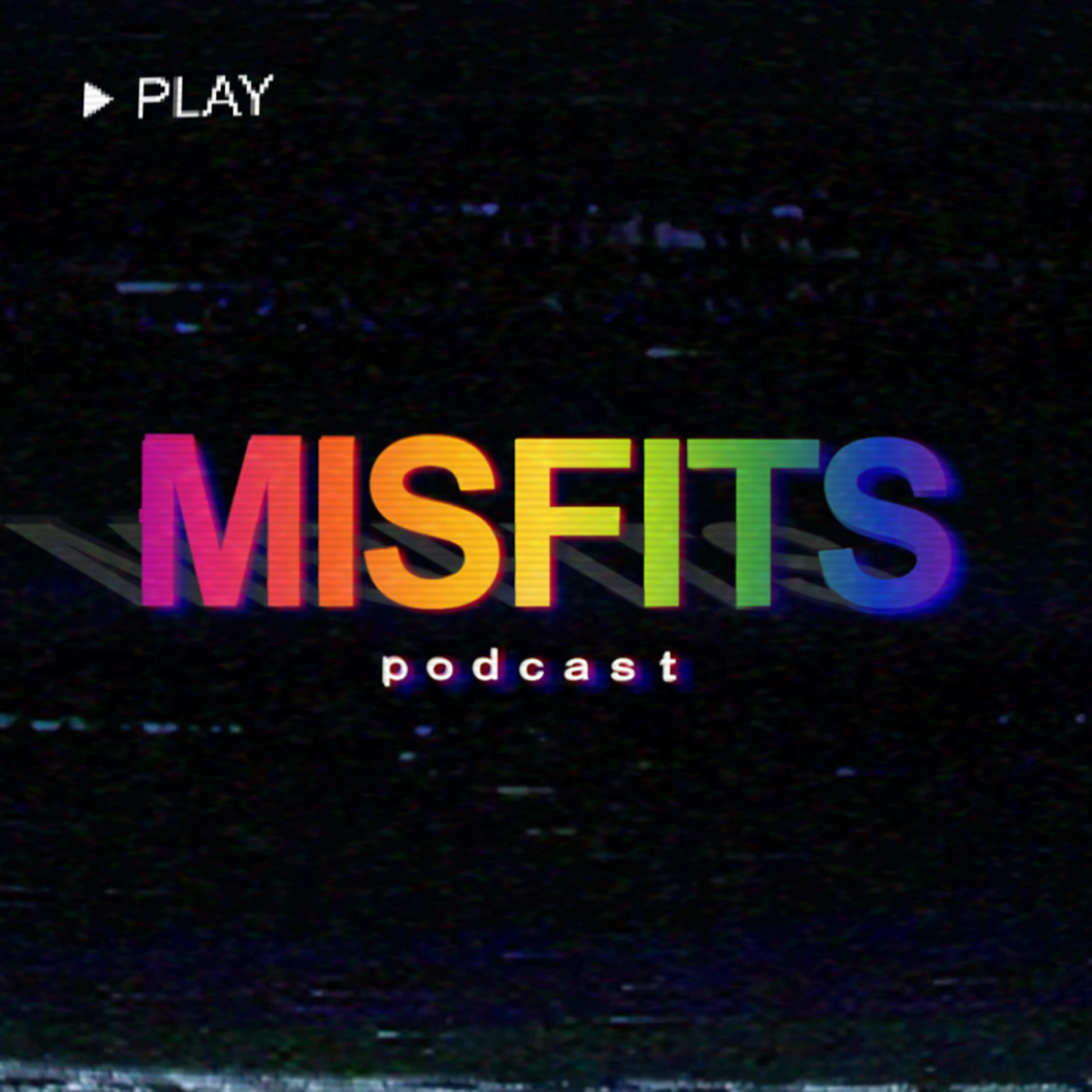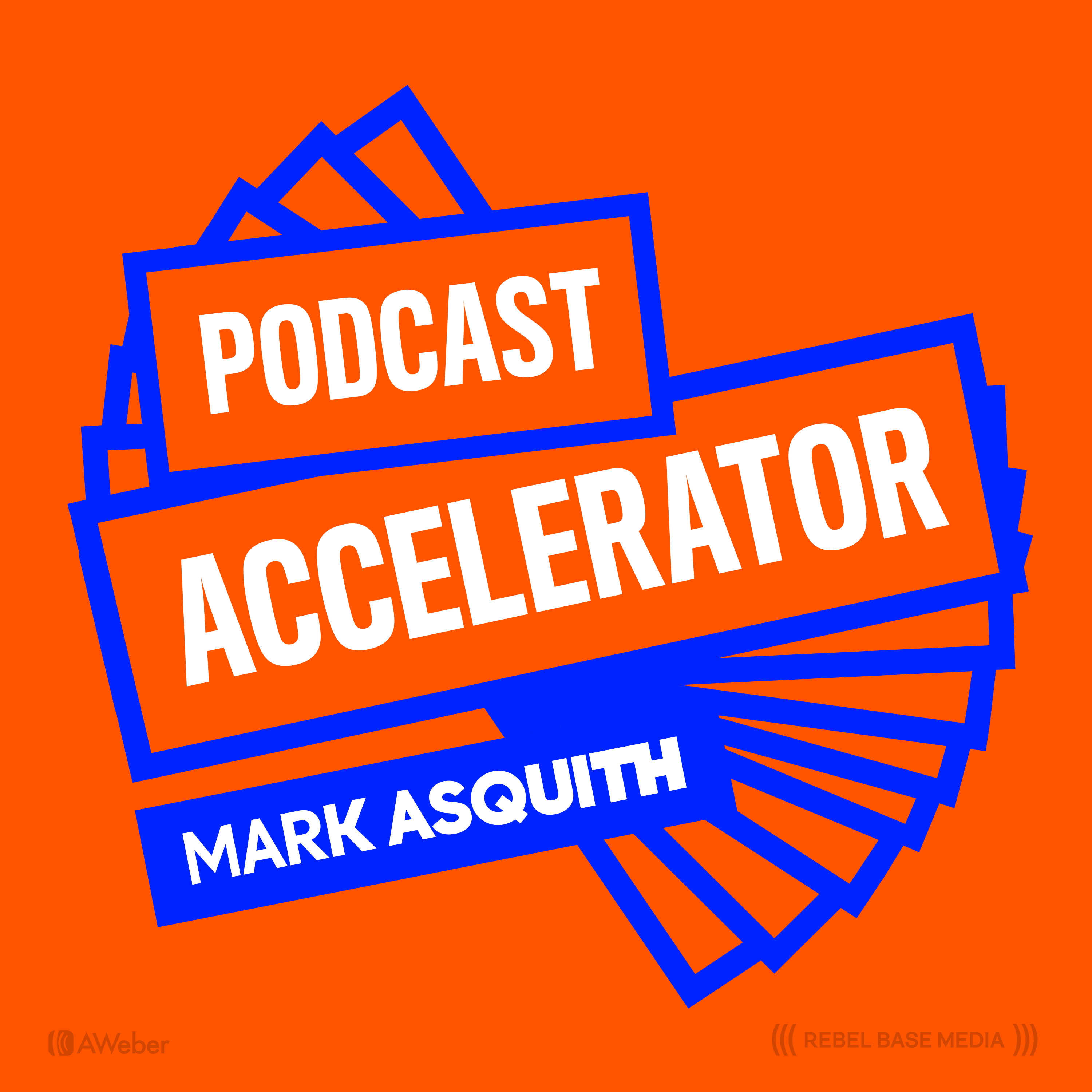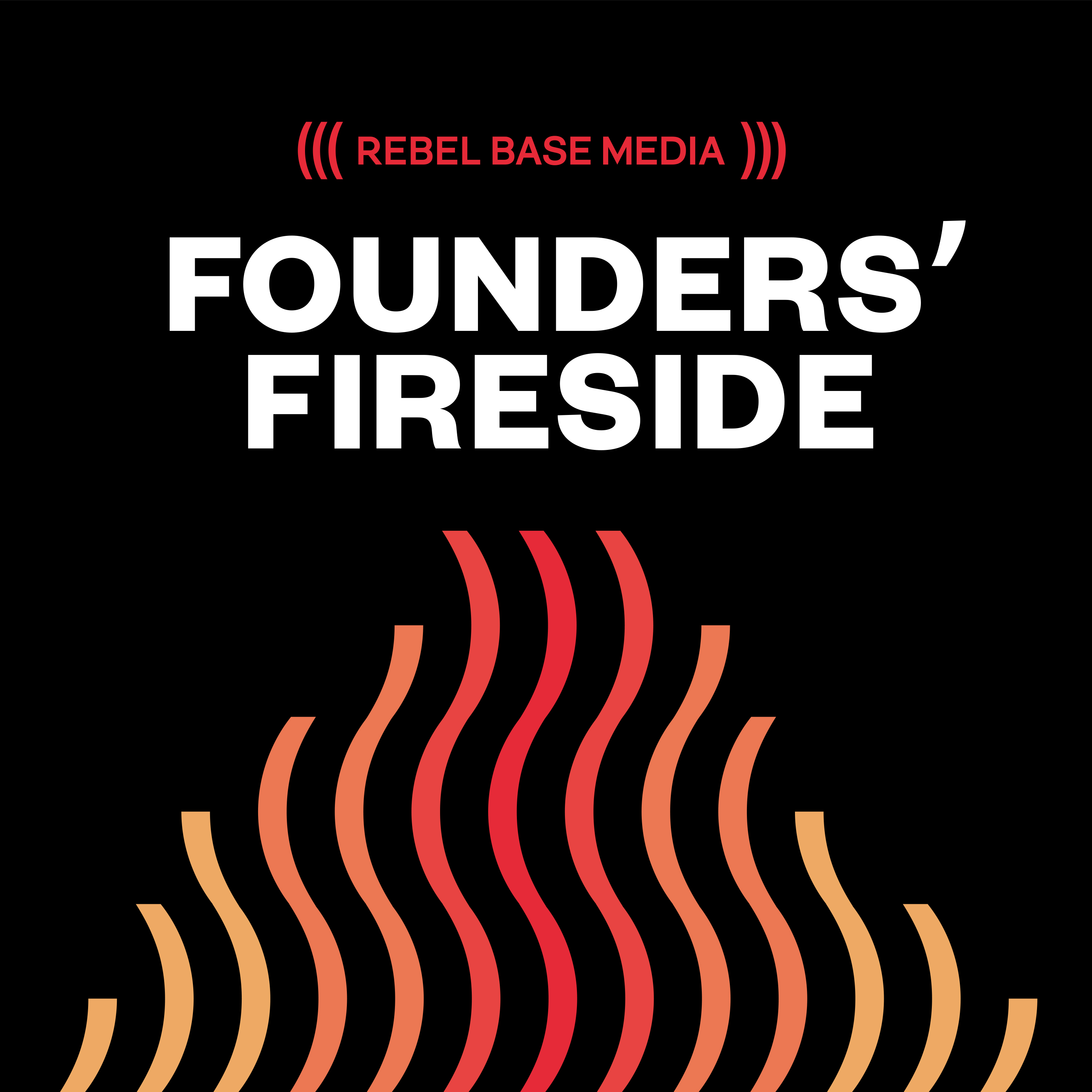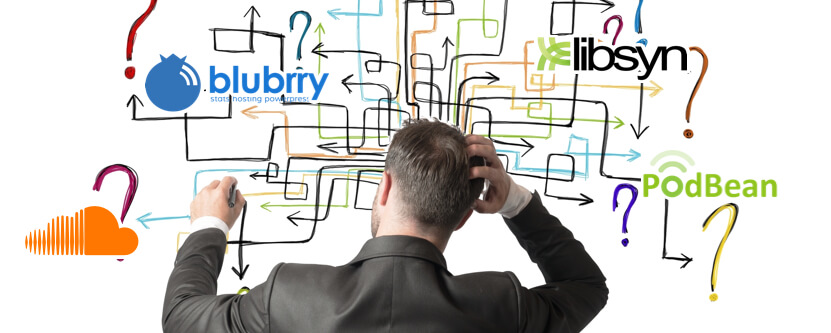Choosing a podcast host can be a daunting task. What should be a simple decision is made increasingly complex due to the sheer number of different hosts, and the seemingly endless variations between their features and pricing plans.
In this article, we’ll help you understand some of the features and buzzwords used by popular podcast hosts so you can make an informed decision on where to host your podcast.
If you’re new to podcasting or you’re finding some of the descriptions or features from podcast hosts confusing, a great place to start is reading through the glossary of features.
If you’re comfortable with the terms and features used by podcast hosting providers, then jump ahead to the hosting directory where we’ve covered the basic details for 18 different podcast hosts.
Glossary of Podcast Hosting Features
Core features
Monthly Storage
Some podcast hosting plans have a limit on the amount of audio that can uploaded in a given month. You’ll want to make sure that the amount of episodes that you plan on creating will fall under the amount of storage allotted by your plan. An episode exported as an mp3 at 128Kbps will require 58MB per hour of audio. To determine your estimated usage, multiply the average duration of each episode by the number of episodes in a month.
For example, someone who produces a 15 minute show every weekday will require 290MB per month (20 episodes per month * 0.25 hours per episode * 58MB per hour)
Someone who releases 2 episodes a week that are each 1.5 hours long will require 696MB of storage per month (8 episodes per month * 1.5 hours per episode * 58MB per hour)
Monthly bandwidth
When plans have a limit based on monthly bandwidth, that means there is a restriction based on how much data can be sent from the podcast host to listeners. Each time someone downloads your episode, a certain amount of bandwidth is consumed. You can estimate your bandwidth needs by multiplying your average episode file size, the average number of downloads and the amount of episodes you release a month.
Someone who receives 1,000 downloads per episode, releases 4 episodes a month, and with an average file size of 58MB will consume 226GB (1,000 * 4 * 58MB) of data.
Monthly downloads
More and more podcast hosting providers are moving towards enforcing limits based on the number of downloads per month, as this is a much simpler metric to determine your needs against. Here you simply multiply your average number of downloads per episode by the amount of episodes you create in a month to find your projected monthly download needs.
Scheduling
Releasing your episodes on a consistent basis is a great tool for building a loyal following. Scheduling allows you to upload episodes, artwork and show notes ahead of time, and set them to publish at exactly the date and time you want.
Domain Support
Domain support means that you can have your podcast RSS feed (and auto-generated podcast website) be served up from your own domain name, rather than a subdomain of your podcast host ( ex: https://yourpodcast.com/feed.rss vs https://yourpodcast.libsyn.com/feed.rss )
Customer Support
This is fairly self explanatory, but many podcast hosts provide different levels of customer service based on the tiers or plans subscribed to. Some people value knowing that they can call a phone number any time of the day or night and reach someone to help them resolve any issues. When choosing a host it’s wise to look at what types of support are available (phone, email, live chat, etc) and at what hours.
Global CDN
CDN (Content Delivery Network) refers to a network of servers located all over the world that work together to ensure your episodes load quickly, no matter where in the world a listener tunes in from.
Without a CDN, if my podcast host was located in the USA, and a listener from Australia wanted to download an episode, it could take much longer for them than someone locally. With a CDN, that same listener in Australia can now download your episode from a CDN in Australia rather than sending the data halfway across the world.
Secure RSS
In July of 2018, Apple started letting it’s users know that they will eventually stop accepting podcast feeds that are not served securely, and also limit access to podcast analytics for non-secured feeds (a secure url will start with HTTPS:// instead of HTTP://). in the old days, unless your website needed to handle private information (like username and passwords, or payment information) it would be common to serve your website over non-secure HTTP.
In recent years, the cost and technical knowledge needed to serve your content securely has dropped significantly, and as such, it is now common to see all web traffic sent over HTTPS. In fact, since July 2018, Google Chrome will now display a “Not secure” label beside the URL for any pages which are not served over HTTPS.
In 2020, all podcast hosts should be serving their feeds securely, and this isn’t a feature that needs to be advertised, but rather expected from any host you’re paying money to.
Compliant RSS Feed
RSS (Really Simple Syndication) is the technology that is at the backbone of podcasting, it’s a file that Apple Podcasts (or any other podcast player) checks to determine if there are any new episodes available. Each podcast requires it own RSS feed, and that feed needs to be valid (compliant) in order for your episodes to appear in podcast directories or podcast apps.
Creating a compliant RSS feed is required to have your podcast appear in any apps, so it really shouldn’t be seen as a feature, but as a requirement for creating / hosting a podcast.
FTP Upload
FTP (File Transfer Protocol) Uploads is a feature that allowed users to upload episodes through a protocol that allowed for resuming if an error or connection failure occurs. Since most people now have broadband connections that can upload episodes quickly, this feature has become largely irrelevant.
Production features
Editing tools
A podcast host that includes editing tools can allow you to edit your audio before you publish it to your feed. These tools can allow you to layer in music, add an intro or outro, cut out “umms” and “ahhs”, and more.
For some people this can be enticing, however the majority of podcasts get edited before being uploaded to a host using software such as Adobe Audition or Audacity.
Episode Optimization
While “Episode Optimization” sounds like a good feature, this is one that you might want to be weary of. Any time your files are “optimized”, they are being modified, and this can result in a loss of audio quality.
You may have a reason to want a very high audio quality podcast, but if your host “optimizes” your file in order to have it download quicker, what they are really doing is re-encoding your episode at a lower bitrate to make the file size smaller, at the expense of your audio quality.
Ideally your podcast host should never be re-encoding your audio, unless absolutely necessary.
Setup/Onboarding
Distribution / Syndication Channels
Getting your podcast published doesn’t stop at simply uploading your episodes to your podcast host. Most hosts will automatically distribute your feed to the major players, but you’ll want to double check that your podcast is available on all the platforms you want it to appear on.
Popular distribution channels include: Apple Podcasts, Google Podcasts, Spotify, Stitcher, RadioPublic, Pandora, Castbox, Overcast and more
RSS Importer
If you’re looking to migrate your existing podcast to a new hosting provider, one that offers an RSS importer will make the process much simpler. An RSS importer will load your existing podcast feed and copy across all of your episodes (with episode artwork, show notes and all other meta data), meaning you won’t have to re-upload each file and enter all the data manually with your new host.
Analytics features
Analytics refers to any data related to the consumption of your podcast and episodes, each podcast hosting provider will offer their own sets of analytics data, but generally you can expect to see: The number of downloads per epsiode, a breakdown of where those downloads are coming from in the world, a rough estimation of gender and age demographics and more.
IAB Certified Analytics
The IAB (Interactive Advertising Bureau) is a group comprised of members from over 650 leading media companies that set the guidelines, standards and best practices for all things digital advertising.
In recent years they have been focusing in on improving the reliability of analytics provided with the podcasting industry, as many hosting providers each had their own opinion on how data is gathered, collected, analyzed, and presented to customers.
The IAB now has a certification system where they audit the podcast hosts to ensure the data they provide is accurate.
If you’re looking to secure sponsorship deals or advertisement opportunities, having IAB certified analytics will help your case as potential sponsors can be sure that data is accurate.
Marketing features
Podcast Website
Most podcast hosts will automatically generate a website for you based on the contents of your RSS feed. Each time you publish an episode, your podcast website will be updated automatically with a page for each episode. If you already have a website for your podcast then this might not be of interest for you, but if not these sites will give you a simple web presence and place to send traffic to gain subscribers.
If you’d like to learn more about how podcast websites work, please read our guide on how to choose the right platform for your podcast website.
Responsive website
A responsive website refers to the ability for your website to change how it is displayed based on the screen size of the device requesting it. This means that your website will present itself differently based on whether it was requested from a desktop, tablet or mobile phone. Most (if not all) podcast websites generated these days should be responsive already, but it’s always a good idea to look at a podcast website from a few different devices to make sure what your audience sees is what you’d expect them to.
Email Integrations
Having a mailing list is a great marketing tactic for reaching your audience, as it’s one of the few methods available for having direct communication with your audience. If you’re planning on sending traffic to your generated podcast website, having one that supports a mailing list signup form can help ensure that you’re always able to contact your listeners, compared to social media posts which may or may not reach your listeners at any given time.
Automatic transcription
Automatic transcription of your episodes is a feature which will help in getting your episodes discovered through organic search. If you have a full transcript for each episode you release, people who search for any of the topics discussed, or guests on each show will now have a chance to find and listen to your episode.
One thing to note is that while the accuracy of automatic transcription has come a long way in recent years, it’s still not perfect, and you will likely need to go in and tidy up any errors found in it.
Embeddable Player
Embeddable players allow you to insert episodes into a blog post or other web page. These players typically show your podcast album art, the episode title and will allow you to listen, share and subscribe to your podcast.
WordPress Plugin
If you have an existing website or blog that is running WordPress and want to have your episodes appear in your blog each time you publish, a WordPress plugin will automate this process for you. The exact workflow for each podcast host might be slightly different, but a WordPress plugin will periodically check your podcast RSS feeds for new episodes.
Monetization
Dynamic Ad Insertion
If a host is offering dynamic ad insertion, that means you’ll be able to define areas in your podcast episode where you allow your hosting provider to insert advertisements. Instead of host-read ads, which are recorded by the host and are included in your podcast’s audio file, dynamic ad insertions are small pre-recorded audio snippets, which can be inserted into your episode based on who or where your listeners are. Someone listening to your show from the US might hear a different ad than someone tuning in from Europe for example. Typically your host will manage which ads will be inserted into your episodes, and you’ll receive a cut of the advertising revenue generated by it.
Donations / Membership
There has been a recent shift in podcast hosting features towards monetization, which means any features that will help you earn money from your podcast. One of the popular monetization methods is adding the ability for a patron / membership or donation model. Your fans will be able to sign up for a monthly fee that will be paid to you, and in return they generally gain access to content or other benefits that are unavailable to non-members/patrons. This could be in the form of private blog posts or group chats, webinars or any other digital (or physical) content
Scale features
Multiple Podcast support
At some point in time, you may decide that having just one podcast might not be suitable for your needs. A host that allows for multiple podcasts will let you manage all of your podcasts and episodes from a single log-in, while providing multiple RSS feeds so that each podcast’s episodes have their own feed to subscribe to.
Multiple user support
As your podcast grows, you might have the need for multiple people to access or administrate your podcast. Having a plan which support multiple users will allow you to add or remove access for additional people to update your podcast’s feed without needing to share your login details to them. You might also be able to restrict which team members have permissions to add new episodes or update the show notes, so you won’t have to worry about someone changing settings they shouldn’t have access to.
Podcast hosting directory




































